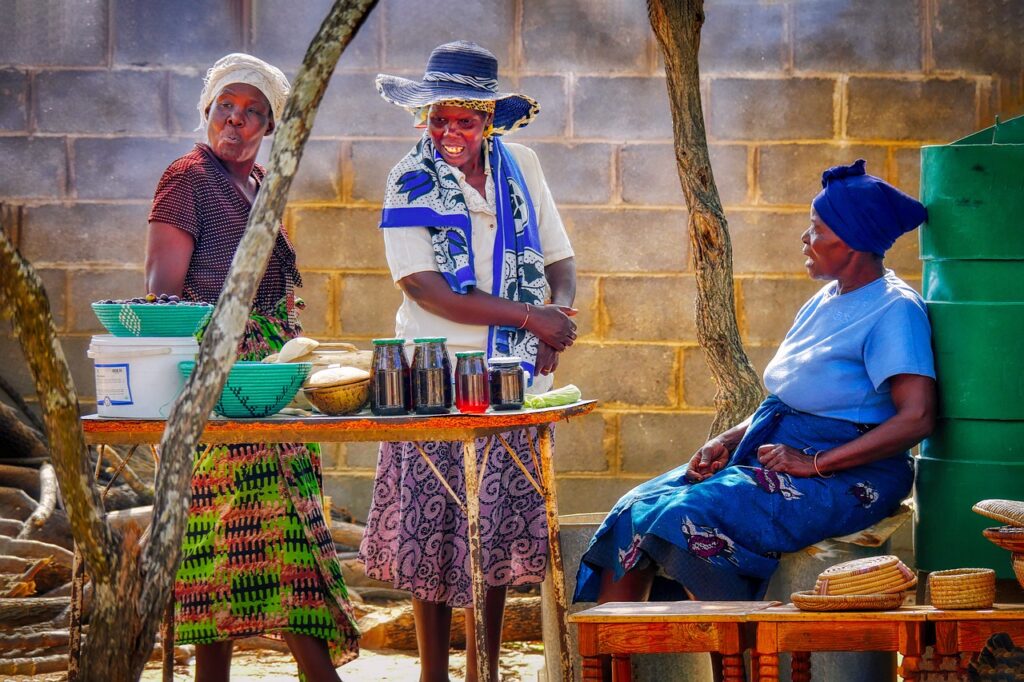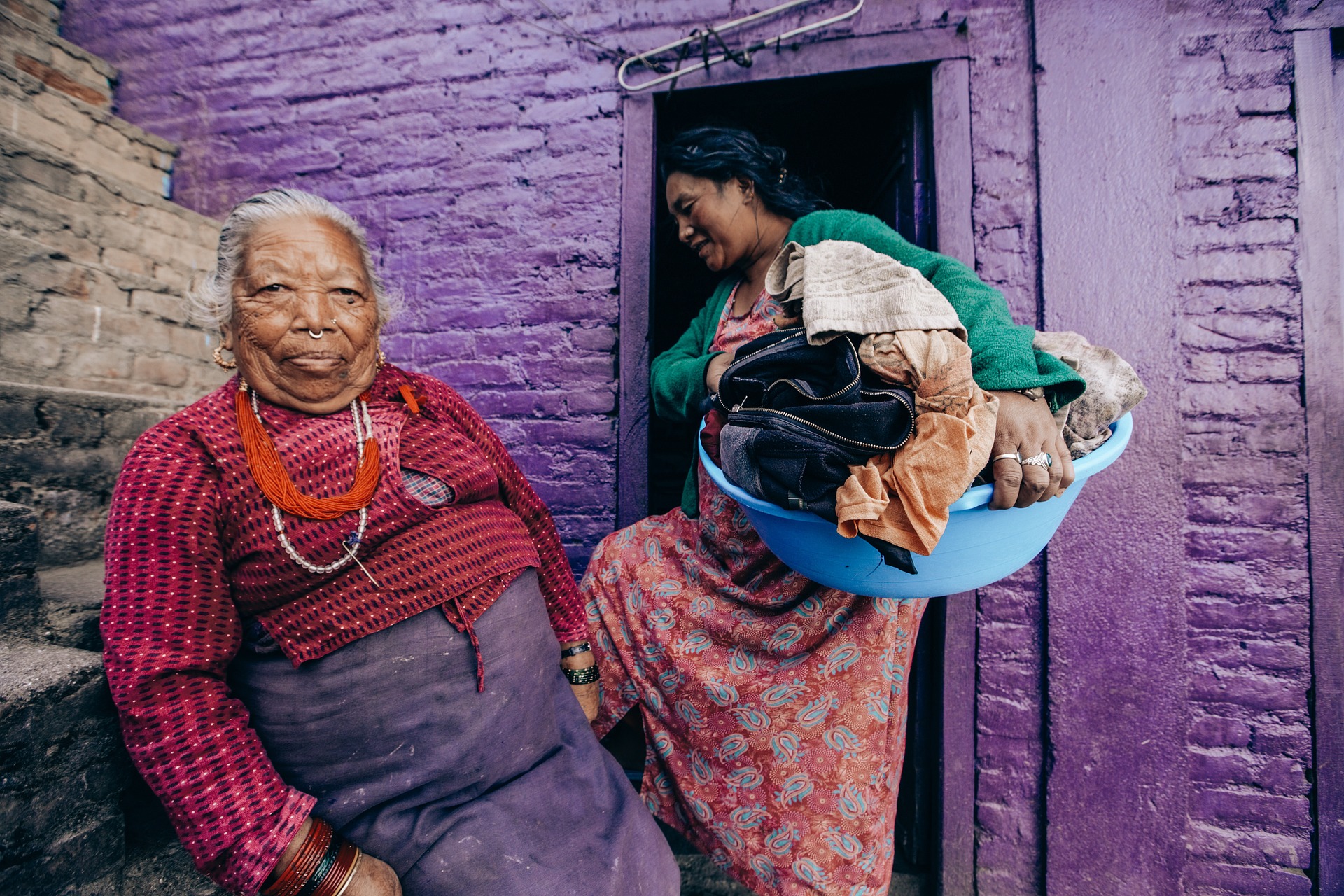“When the women rise, even the sky listens.”
In 1929, deep in the southeastern lands of what would become Nigeria, something incredible happened — a revolution. Not with guns. Not with spears. But with the voices and unity of women.
This is the story of how thousands of Nigerian women brought the British Empire to its knees — and changed history forever.
🌾 It Began With a Tax…
For years, colonial rule had crept into every corner of Igbo land. The British had imposed their “Warrant Chiefs” — men with foreign powers, answering not to the people, but to a foreign crown. Then came the final straw: a plan to tax women.
Yes. In a society where women farmed, traded, raised families, and held cultural power through omu and mikiri (women’s assemblies), the British thought taxing them would be just another policy.
They were wrong.

🔥 The Spark Ignites in Oloko
When one brave widow, Nwanyeruwa, was approached by a colonial tax assessor, she didn’t bow. She challenged him. Her voice spread like harmattan fire.
Soon, over 10,000 women from villages across Aba, Owerri, and Calabar gathered in protest. They didn’t come with weapons. They came with songs, chants, and a centuries-old practice called “sitting on a man” — a form of protest where women gathered outside a leader’s home, danced, sang, and mocked him until he was shamed into action.
These women marched, organized, and surrounded government buildings. They demanded answers. They demanded justice.
They demanded respect.

⚔️ The Empire Strikes… But the Women Stand
The British panicked. They sent soldiers.
Shots were fired.
By the time the dust settled, at least 50 women lay dead, and hundreds were injured.
But their voices had cracked the walls of colonial arrogance. The tax plan was scrapped. Warrant Chiefs were investigated. And the British administration was forced — for the first time — to rethink their governance structure in Nigeria.
✊🏾 Legacy of Fire
The Aba Women’s War wasn’t just a protest. It was the first major anti-colonial uprising in West Africa — led by women.
It laid the groundwork for future independence movements. It showed Nigerians — and Africans — that unity, even in the face of empire, could bend the arc of history.
Today, many still don’t learn this story in school. But it lives on in the blood of Nigerian women who protest, lead, and rise — in the spirit of Nwanyeruwa, and the thousands who marched with her.
💭 Remember Their Names
History isn’t always written in ink. Sometimes it’s written in footsteps, in chants, in the tears of market women who refused to be silenced.
May we never forget:
In 1929, Nigeria didn’t whisper. She roared — with the voice of women.
Read about our premium services here


Leave a Reply